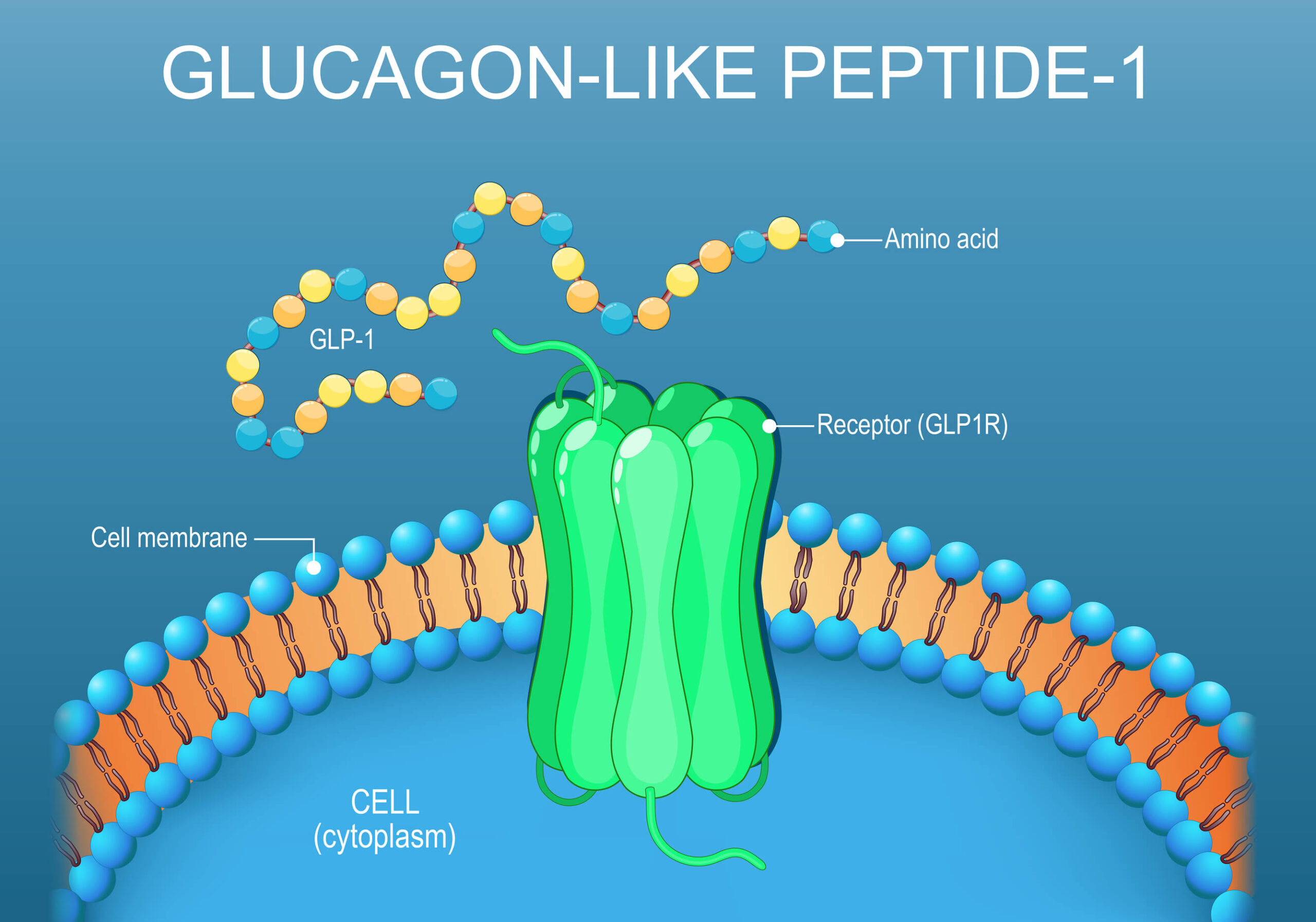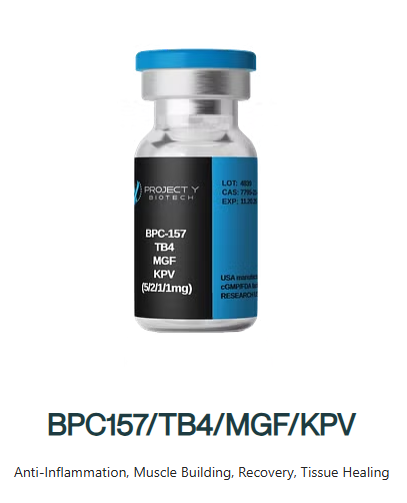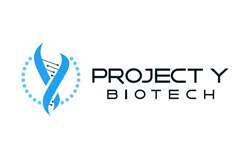- Science-Backed Anti-Aging and Wellness Solutions
- Science-Backed Anti-Aging and Wellness Solutions
Exploring Peptide Therapy: Promise,
Potential, and Precautions
What Is a Peptide?


How Peptides Function
Why Are Most Peptides Considered Investigational?
Despite promising outcomes in both animal studies and clinical experience, most peptides remain officially “for research purposes only” or “investigational.” Why?
The key reason is financial: most peptides are naturally occurring, and therefore cannot be patented in their original form. This makes them unattractive to pharmaceutical companies, which rely on patent protections to ensure return on investment after funding large-scale, costly clinical trials. Without potential for exclusivity or branding, there is little financial incentive for “Big Pharma” to pursue FDA approval for these compounds.

Popular Peptides and Their Functions
Below are some of the most widely used peptides in integrative and regenerative medicine:
- BPC-157: Known as the “body protection compound,” BPC-157 is derived from a gastric peptide and is highly regarded for its healing properties, especially in musculoskeletal injuries. It supports angiogenesis (formation of new blood vessels), tendon and ligament repair, and gut health.
- TB-500 (Thymosin Beta-4): This peptide promotes cell migration and tissue regeneration, playing a significant role in recovery from injury. It’s particularly effective in soft tissue healing and reducing inflammation.

- CJC-1295 / Ipamorelin: Often combined, these peptides work synergistically to enhance growth hormone production. CJC-1295 is a GHRH analog, while Ipamorelin is a GHRP (growth hormone releasing peptide), known for its minimal side effects and strong safety profile.
- MK-677 (Ibutamoren): A growth hormone secretagogue that stimulates GH and IGF-1 production, often used for muscle growth, fat metabolism, and recovery. It’s orally active, making it more convenient than injectable peptides.
- AOD 9604: A fragment of human growth hormone, this peptide has been studied for its fat-burning capabilities without the side effects typically associated with full hGH. It promotes lipolysis while inhibiting lipogenesis.
Why Quality Matters: The Importance of Sourcing
Not all peptides are created equal. The peptide marketplace is saturated with gray-market suppliers—many of whom offer products that are incompletely sequenced, contaminated, or improperly stored. These compounds can contain pro-inflammatory agents, heavy metals, bacterial endotoxins, or even entirely ineffective ingredients.

To ensure safety and efficacy, peptides should be sourced through licensed medical providers and compounded in FDA-registered 503A or 503B compounding pharmacies. Proper sourcing reduces the risk of adverse reactions and ensures the peptide performs as expected. Renew@theZoo sources many of its medical grade peptides from ProjectY Biotech, and FDA regulated, cGMP certified, USP 797 certified manufacturer located in the USA. They are contracted with the World
Health Organization, various Pharmacies, and local Hospitals for production of vitamins, flavonoids, peptides, blood products, and various other in-demand items that they specialize in manufacturing.
Side Effects, Contraindications, and Monitoring
While many peptides are well-tolerated, side effects may occur. These can include:
- Injection site reactions
- Water retention
- Insulin resistance (with growth hormone secretagogues)
- Increased appetite
- Fatigue or dizziness
Peptides are not recommended for individuals with active cancers, uncontrolled diabetes, or severe cardiovascular conditions unless under strict medical supervision. Lab monitoring—including IGF-1 levels, glucose metabolism, liver and kidney function—may be advised during therapy to ensure safety and efficacy.
A Responsible Approach to Peptide Therapy
Due to the regulatory landscape and lack of FDA approval, peptide therapy cannot be marketed to diagnose, treat, or cure any disease. However, under the guidance of experienced medical professionals, peptides are increasingly being integrated into treatment plans to support wellness, recovery, and optimal aging.
At Renew @ The Zoo, we specialize in medically managed peptide protocols tailored to your unique health goals. Our team prioritizes safety, quality, and evidence-based use of therapeutic peptides.
Interested in Peptide Therapy?
If you’re curious about peptide therapies, contact us at Renew@The Zoo to learn how medically managed peptide therapy might fit into your health and wellness plan.
